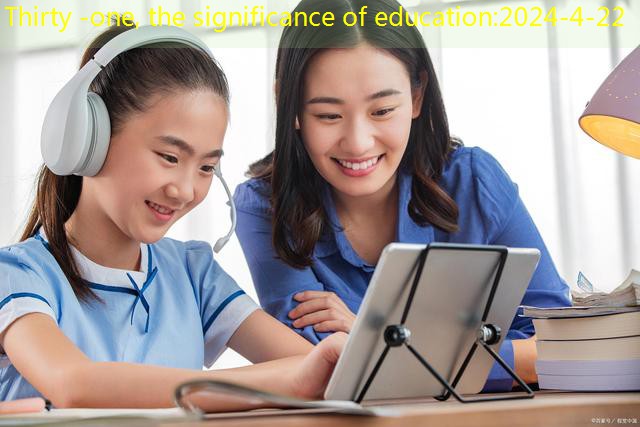The general requirements are that the person who cultivates the educated person into is to cultivate people’s quality specifications and standards, and also reflects the requirements of education in the direction of people’s efforts and social tendencies.The purpose of education in a broad sense: refers to the expectations of the educated people, that is, people want to be educated what changes or results occur in the physical and mental aspects.Narrow education: It is the general requirement of the state to educate all kinds of schools at all levels.
13. (School) Cultivation Objective: It is a special requirement for all trained people based on the tasks of various schools at all levels.
14. (Teacher) Educational goal: It is the hopes that educators to complete a certain stage of work during the education and teaching process, hoping to meet the requirements or changes in the generated by educators.
15. Education function: refers to the various impacts and functions of education and education systems on individual development and social development.
16. Educational policy: It is the general historical stage of the general historical stage of education in accordance with politics and economy and the general direction of the state’s highest authority.
17. The comprehensive development of human beings: refers to the ability of people to work, the comprehensive, harmonious and fully developed of human physical strength and intelligence, and also includes recognizing moral development and full development of people’s personality.
18. Intelligent education: It is education that teaches the scientific and cultural knowledge and skills of the student system, and develops their intelligence and non -recognition factors related to learning.
19. Quality education: It is based on the actual needs of people’s development and social development. It takes the quality of the quality of all students as the fundamental goal, and respects students’ subjectivity and initiative.
God pays attention to the education of developing people’s intellectual potential, and formed an educational education with a healthy personality as the fundamental characteristics.
20. Innovation education: Education with the basic value orientation of cultivating people’s innovative spirit and innovation ability, and enable primary and secondary school students as an independent individual.
Yu discovers and understand new knowledge, new things, and new methods, master the basic laws and characteristics contained in it, and obtain the corresponding ability to lay a comprehensive quality foundation for the future talent.
21. The development of individuals: usually refers to the process of changes from individuals from birth to adults. The development of individuals includes two aspects: physical development and psychological development.
3
School education system
22. Education system: refers to the general term of the systems and organizations of various educational institutions and organizations at all levels in a country or region.
23. The national education system (broad education system): It is all educational facilities and relevant rules established from the organizational system to achieve the purpose of national education.
system.
24. School education system (narrow education system): The academic system is referred to as the academic system. It is formulated by the state and its authorized education administrative department.
A certain legal effect, adjust the education system of connection, crossing, proportional relationships, and educational rights distribution of various types of education at all levels; it is the overall department of various schools at all levels in the country., Requirements, enrollment conditions, business years, and relationships between them.
25. Compulsory education: refers to the state -name education that children or adolescents must accept in accordance with the law, children or adolescents must be accepted, and national, society, and families must be guaranteed.
26. Education administrative system: It is a general term for a national education administrative organization system, or it is understood as the state’s organizational structure and working system for the state’s leadership management.
27. The principal responsible system: It is the internal leadership mechanism of public primary and secondary schools in my country. It refers to the comprehensive leadership of the superior authorities, the principal is responsible for comprehensive responsibility, the party branch supervises and guarantees, and the faculty and staff are democratically managed.
28. Schools: under a certain social system, the social organizations and institutions that specialize in the socialization and socialization of individuals and society are the core tasks.
29. Campus culture: It is the values, beliefs, attitudes, style, style, and behavioral criteria jointly possessed by all employees (and students) of the school in the process of studying, work and life.
30. Education Administrative Central Concentration System: It refers to education administrative power concentrated in the central government and its education administrative department, local governments at all levels and their education administrative departments to obey the central government
And the education administrative system of leadership of its education administrative department.
31. Education administrative local decentralization system: refers to a kind of educational administrative system for local governments to independently exercise education administrative power in accordance with the law.
32. Education administrative subordinate system: Also known as the complete system, it mainly refers to various types of educational administrative agencies at all levels as a government’s functional departments.
Independent organization of government administration.
33. Education administrative independence: Also known as the separation system, generally used in local education administration, mainly referring to a functional department that local education administrative agencies do not belong
The leadership of the local government’s head of the local government is separated from general administrative and independent organizational system.



